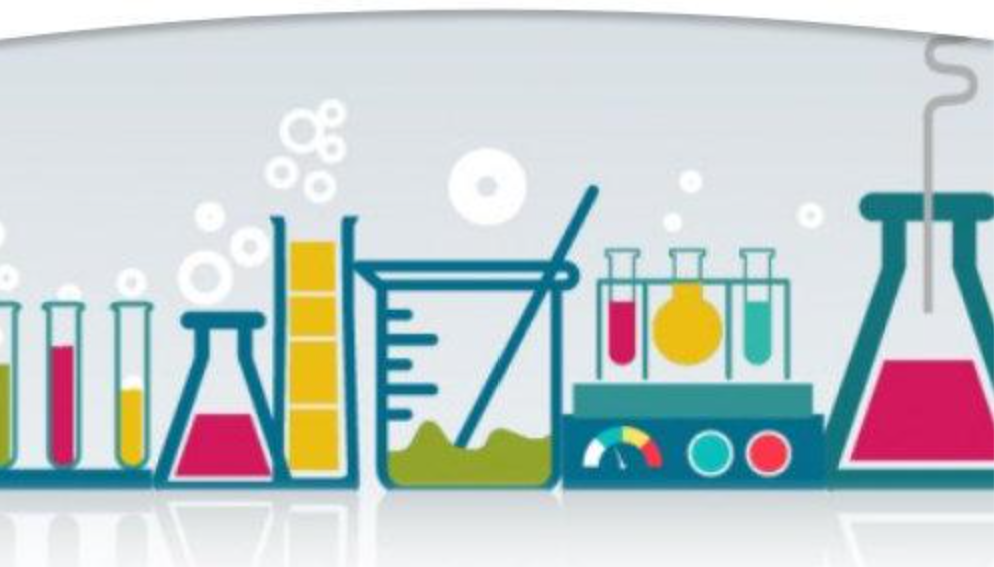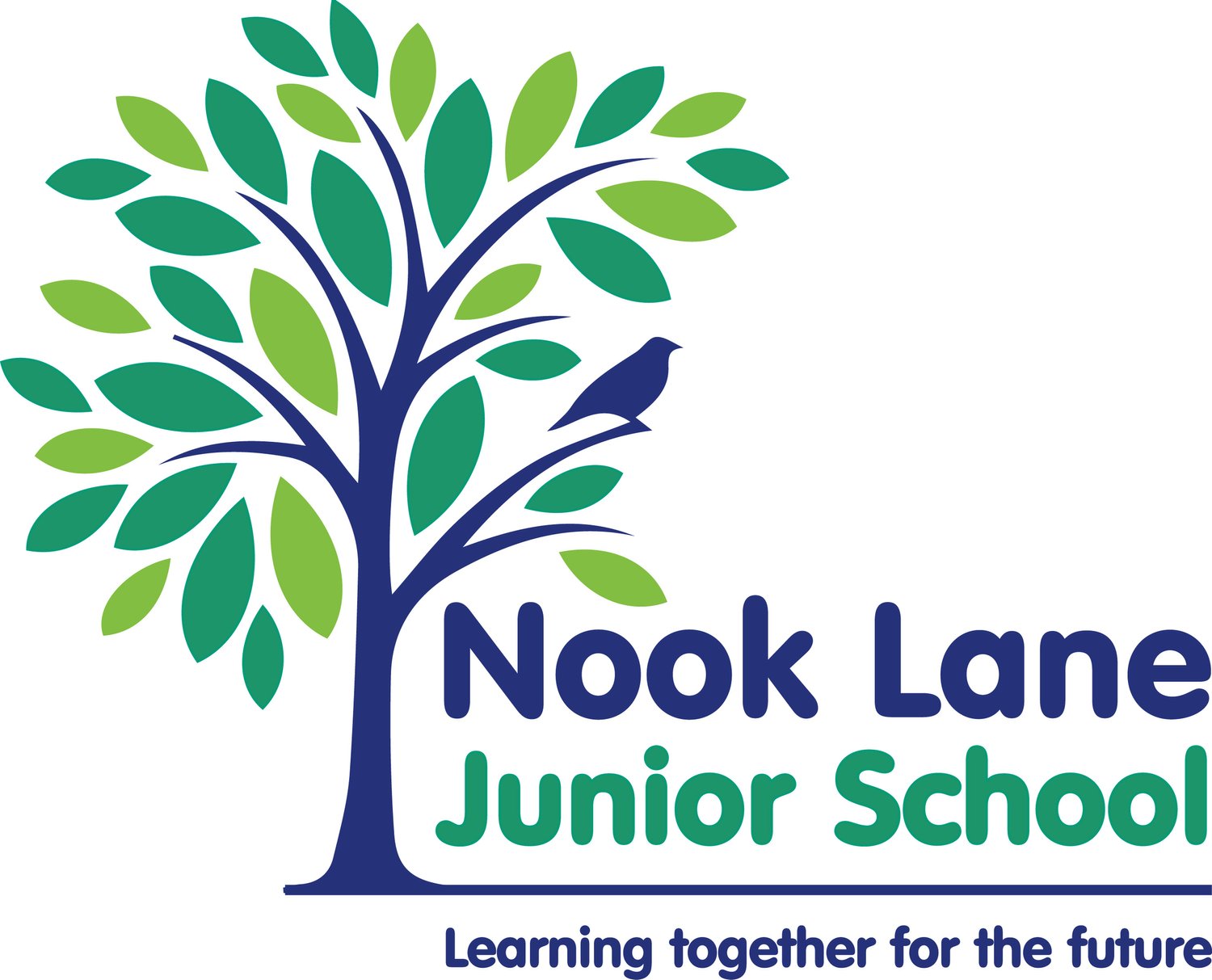
“The important thing is to never stop questioning.”
- Albert Einstein
Science vision
At Nook Lane Junior School, children receive high-quality Science lessons that enable them to develop a strong understanding of the world around them whilst acquiring specific skills and knowledge to help them think scientifically, gain an understanding of scientific processes and also understand the uses and implications of Science, today and for the future. Teaching ensures that children will acquire the knowledge and understanding above through engaging and purposeful scientific enquiry, enabling them to answer scientific questions.
We aim to stimulate and ignite children’s curiosity through finding out why things happen in the way they do and it is our vision to instil a lifelong love of science within our pupils through engagement and inspiration. Scientific enquiry skills are embedded in each topic that the children study and these topics are revisited and developed throughout their time at school enabling enduring connections and fostering deeper understanding. All children are encouraged to question the world around them and become independent learners in exploring possible answers for their scientific-based questions in order to appreciate the way Science will affect their future on a personal, national, and global level, enabling children to become responsible global citizens. We want pupils to think critically and communicate their ideas in a variety of different ways using a well-developed scientific vocabulary.
Building knowledge sequentially
To ensure children gain a depth of scientific knowledge and conceptual understanding, we ensure we develop children’s substantive knowledge around a range of key concepts that are revisited within the areas of physics, biology and chemistry. For example, we revisit year on year 'the theme of ‘living things and how they grow’ within biology as well as ‘forces and electricity’ within physics.
To ensure that children know how science establishes knowledge through scientific enquiry, we have identified four content areas to develop children’s disciplinary knowledge:
knowledge of methods that scientists use to answer questions;
knowledge of apparatus and techniques , including measures;
knowledge of analysis and;
knowledge of how scientists use evidence to develop explanations.
In order to present this in a child-friendly and memorable way we use the working scientifically cycle of plan, do, record and review
Our unit overviews are carefully planned to ensure learning is sequential and progressive year-on-year.
To see how we plan for progression in knowledge, skills and understanding, take a look at our Science progression documents.
Making it stick!
To ensure knowledge ‘sticks’ and we develop children’s long-term memory, we endeavour to return to specific substantive concepts throughout different units of Science.
This revisiting of abstract concepts such as ‘light’ and ‘forces’ enables children to layer-up their knowledge over time and gain a depth of understanding so they can build a deeper schema of knowledge.
To help children organise and recall key knowledge, all Science lesson start with children completing memory mats that involve activities where key knowledge from prior learning is recalled.
Science overview of learning
Scientific units have been mapped out across the year to ensure children cover the appropriate curriculum. Within our unit plans, Scientific skills are mapped-out progressively within each year group ensuring that children make progress in their skillset year-on-year.
Science Leadership
If you have any questions about our science curriculum, please contact Miss Mayes-Cooper or Miss Bagnall, our Science leaders.





